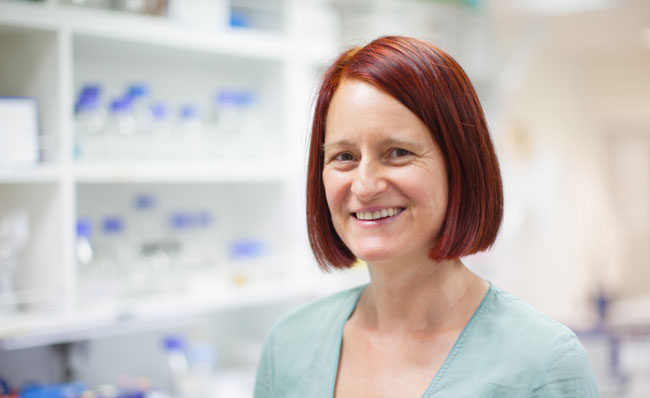 Tuesday 12 June 2018 2:04pm
Tuesday 12 June 2018 2:04pm
Associate Professor Carr says sepsis is the main cause of death in the ICU.
University of Otago, Christchurch researchers are teaming up with intensive care specialists to study whether intravenous infusions of vitamin C could be a life-saving treatment for patients with sepsis.
Associate Professor Anitra Carr recently started the New Zealand-first study in the Christchurch Intensive Care Unit (ICU). It follows two small clinical trials overseas that reported an almost 80 per cent drop in mortality from the life-threatening condition. The results from using the natural product as a medicine were considered by many to be too good to be true, so the Christchurch project will rigorously test these findings.
Sepsis is a life-threatening complication where the body's response own response to infection actually damages its tissues and organs. If sepsis progresses to septic shock, blood pressure drops dramatically, and organs fail.
Associate Professor Carr says sepsis is the main cause of death in the ICU. It causes the death of one in five New Zealand ICU patients. Although rates are increasing, treatment options are limited.
Patients with septic shock are often given drugs to stabilize their cardiovascular function. Associate Professor Carr hypothesises that cardiac dysfunction, and resulting drug treatments, could be avoided if patients had appropriate vitamin C levels. When sepsis patients experience cardiac problems, they are often given drugs to stimulate the cardiovascular system. Vitamin C is potentially involved in a similar natural process, and if levels were high enough patients might not need as much medication, she says.
The Christchurch research team will study whether people with sepsis who get the vitamin to are more likely to survive and have a better recovery than those who get conventional treatment. The group of patients who get vitamin C will also get conventional treatments.
Associate Professor Carr and her team will also study whether the patient's base level vitamin C levels relate to the severity of their disease and progression of sepsis.
The study was funded by the Canterbury Medical Research Foundation and the Health Research Council.
For further information, contact:
Kim Thomas
University of Otago, Christchurch
Senior Communications Adviser
Mob +64 27 222 6016
A list of Otago experts available for media comment is available elsewhere on this website.
Electronic addresses (including email accounts, instant messaging services, or telephone accounts) published on this page are for the sole purpose of contact with the individuals concerned, in their capacity as officers, employees or students of the University of Otago, or their respective organisation. Publication of any such electronic address is not to be taken as consent to receive unsolicited commercial electronic messages by the address holder.
